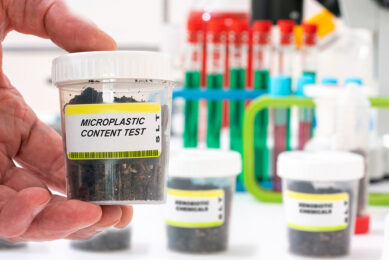UK scientists create fish oil crop
Experiments have proved that crops containing genes from marine organisms are able to produce omega 3 fatty acids normally found in oily fish. Such plants offer a new approach to improving diet, according to UK scientists.
researchers to seek an alternative source of long chain omega 3 fatty acids;
fats that have important health benefits, especially for the heart. The best
source is oily fish, such as salmon, mackerel and herring, but most people do
not get enough in their diet. Omega 3 fatty acids are made not by the fish
themselves but by the marine microbes they consume.
Insert of genes
Scientists at Rothamsted Research in Harpenden, Herts,
isolated key genes from a species of microscopic single-celled marine algae
known as Thalassiosira pseudonana. They inserted the genes into crops such as
linseed and oil seed rape and found that the plants were able to synthesise
omega 3 fatty acids in their seed oils.
“We’re still at the stage where
we’d want to optimise and improve the levels that we see so I think we’re
probably three or four years away from the point where we have something ready
for regulatory approval for some sort of limited field release,” said research
group leader Professor Johnathan Napier. The eventual aim is to feed GM-enhanced oils to animals such as chickens
and cattle, to produce omega 3 enriched meat, milk and eggs. This would provide
a sustainable source of fish oil amid concern over dwindling fish
stocks.
Consumer issues
Professor Ian Givens from
the Nutritional Sciences Research Unit at the University of Reading said he
believed that consumers would see the benefit of such foods, despite the fact
they come from transgenic crops. When people are able to see more clearly what
the benefits to them are from these sorts of approaches, rather than the
benefits to others, I suspect that mindsets will change but it will take time.”
Source: BBC











